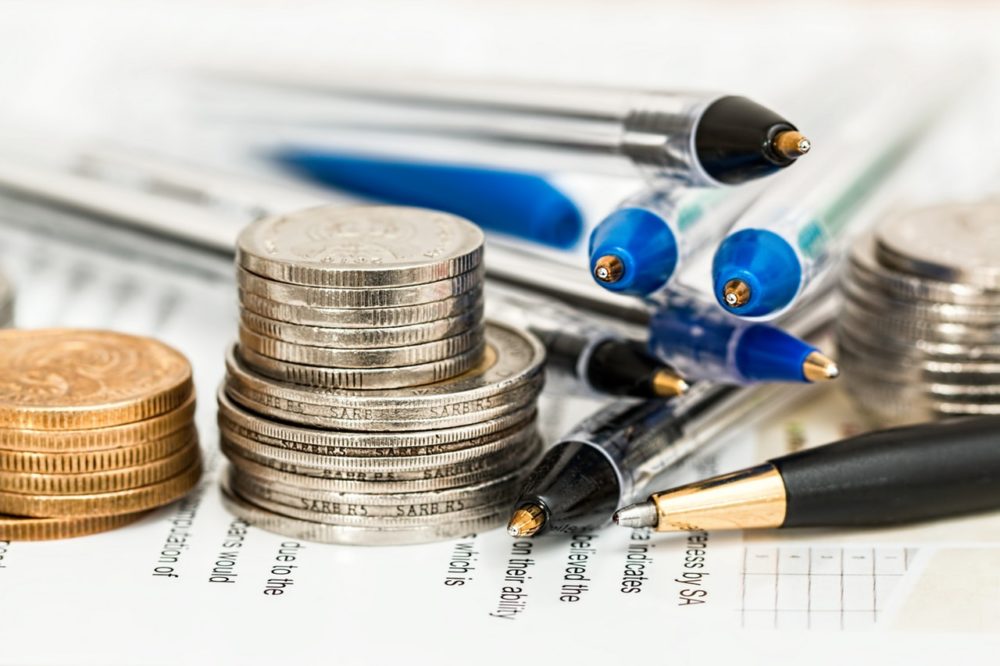Each year, tax planning experts provide recommendations to those across all income levels. While the most wealthy are constantly on the hunt for tax s
Each year, tax planning experts provide recommendations to those across all income levels. While the most wealthy are constantly on the hunt for tax savings, the UK government has put in place several tax-benefited vehicles for everyone, regardless of earning level. Individual savings accounts, or ISAs, are the most common way to boost tax efficiencies while setting money aside for the short- or long-term. However, if you plan to make a contribution to an ISA for this tax year, you have just a few short weeks to check that box.
The deadline for making ISA contributions for this tax year is 5 April. All taxpayers have the option to put in up to £20,000 into an individual savings account for this tax year, and there are inherent benefits to doing so. Here are a few reasons to consider topping up an ISA this year, and what to consider when adding to savings in this way.
Why an ISA?
ISAs have grown in popularity over the last several years, due in part to the consistently increasing amount of money taxpayers can add. The £20,000 allowance for individual savings accounts is a considerable amount, and while not everyone has the means to satisfy the contribution level for the year, making even a small contribution can be beneficial. This is because ISAs allow money to grow on a tax-free basis. Whether in a cash ISA or a stock and shares account, the earnings individuals receive are tax free. There are also no limitations on how the money can be used, whether in the near future or for a long-term goal.
The allowance for personal ISAs for the year must be taken advantage of before 5 April, as a new tax season dawns. Any leftover amount cannot be rolled over to the next tax year, so taxpayers looking for a tax benefit should consider how to fund the account now.
ISA Considerations
Individual savings accounts are available in two broad forms: cash ISAs and stock and shares ISAs. With a cash ISA, individuals contribute to a bank or buildings trust savings account. It earns a set rate of interest, typically in line with the nation’s average interest rates on bank accounts. The benefit here is the predictable return which is, of course, tax free.
Stock and shares ISAs differ in that they are provided by investment companies and other financial service institutions. Putting money into a stock and shares ISA means that the funds are invested in shares of companies, various types of bonds, investment funds or unit trusts. There is a risk of losing money in these investments, but there is also a potential for much higher gains than a cash ISA option. The earnings are also free from tax, making a stock and shares ISA a smart option for those who have the time and risk tolerance to invest.
Picking a Provider
According to a finance expert at Money Pug, a website used to compare ISA rates, in addition to selecting between cash and investment ISAs, taxpayers also need to know which provider is best suited for their needs. ISAs are offered by a variety of financial companies, each with their own rates and incentives for getting new customers. It is necessary to comparison shop for not only the best rate or investment options, but also a strong provider that has a good reputation. Taxpayers benefit from ISAs the most when they take the time to do their homework before selecting a provider to custody their savings.
ISAs are a great way to save for short- and long-term needs, whether that be a financial emergency or a supplement to retirement savings. However, each year, the amount of money one can contribute to an ISA is limited, as it the time taxpayers have to benefit from the tax-free savings options. Be sure to give some thought to your ability to save in a cash ISA, a stock and shares ISA, or a combination of the two, up to the £20,000 allowance before time runs out this tax year.



















































































































COMMENTS